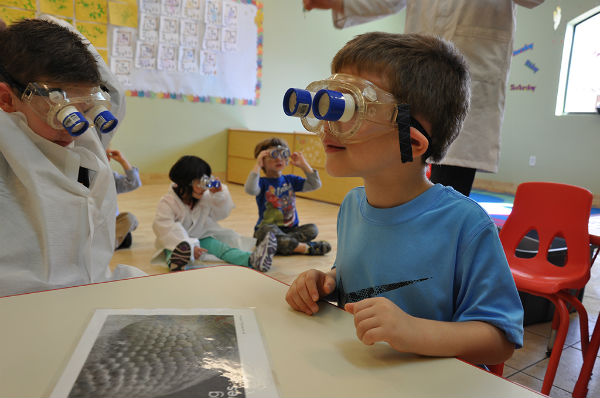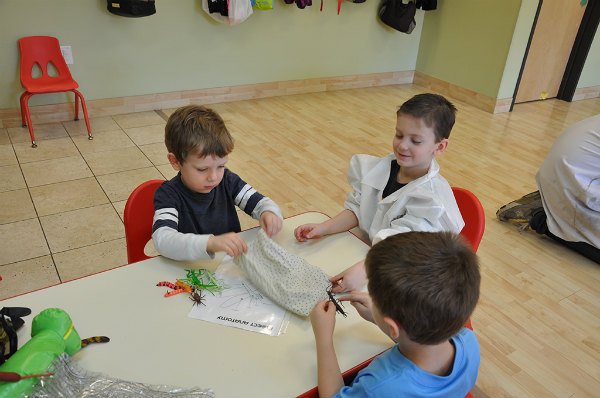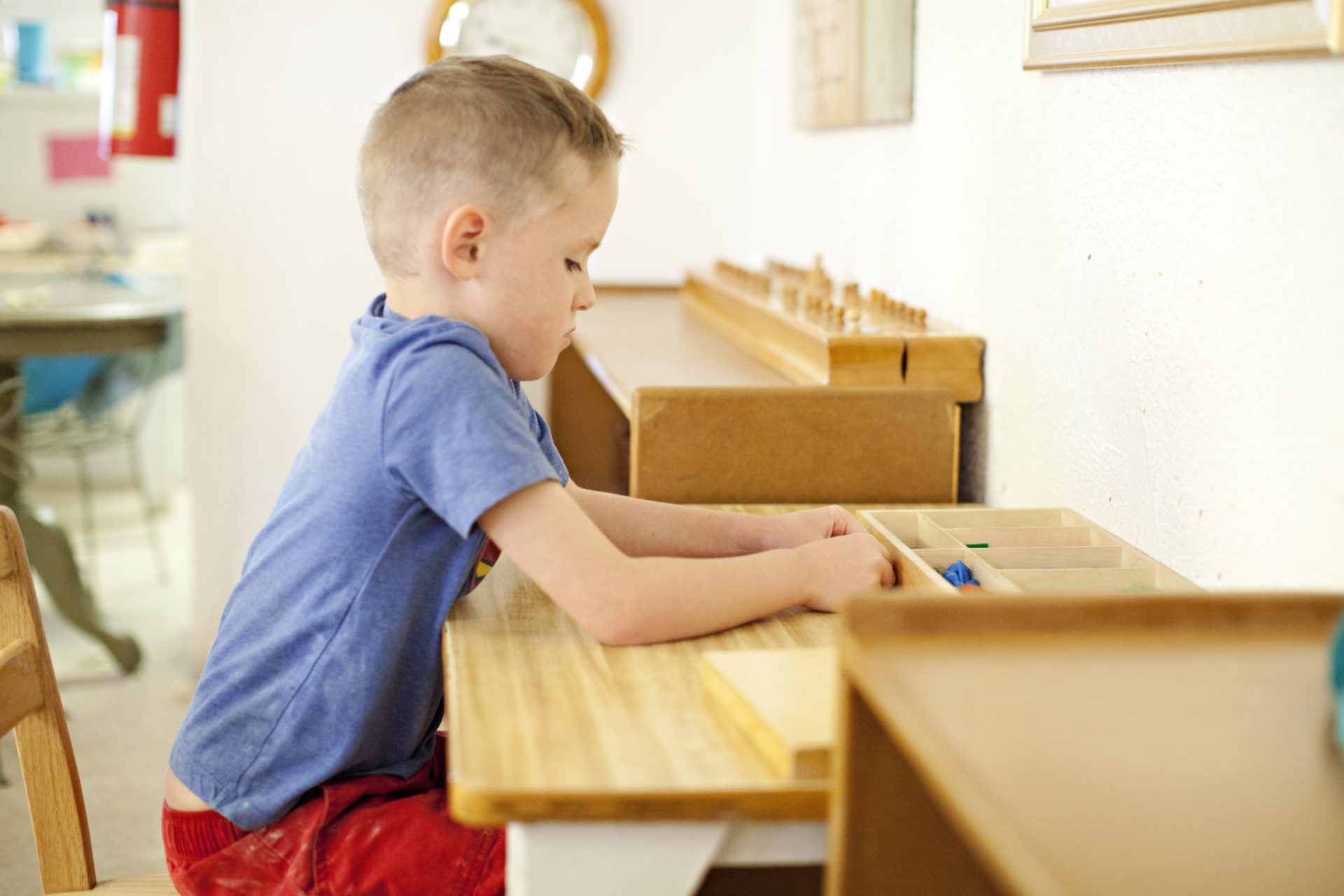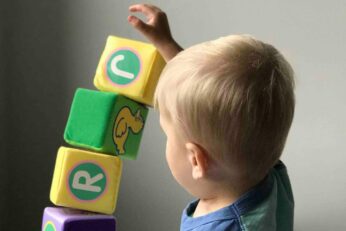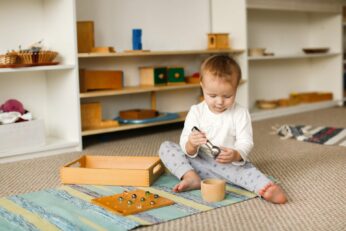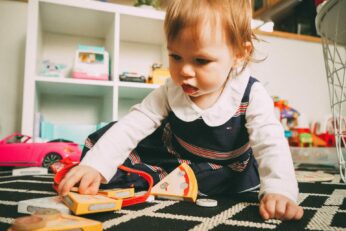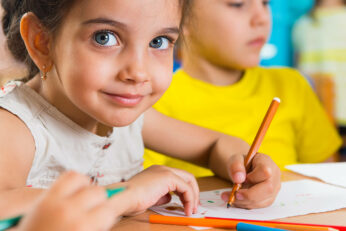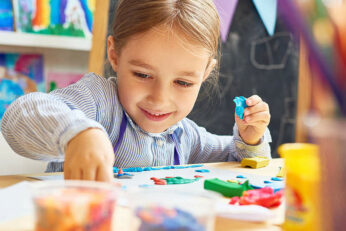STEM is a curriculum based on the idea of educating students in four specific disciplines- science, technology, engineering and mathematics- in an interdisciplinary and applied approach. Rather than teach the four disciplines as separate and discreet subjects, STEM integrates them into a cohesive learning paradigm based on real-world applications.
At AMC, we inspire children to become independent, life-long learners by stimulating their intellectual, emotional and physical growth, supporting the development of a positive self-image and fostering creativity.
